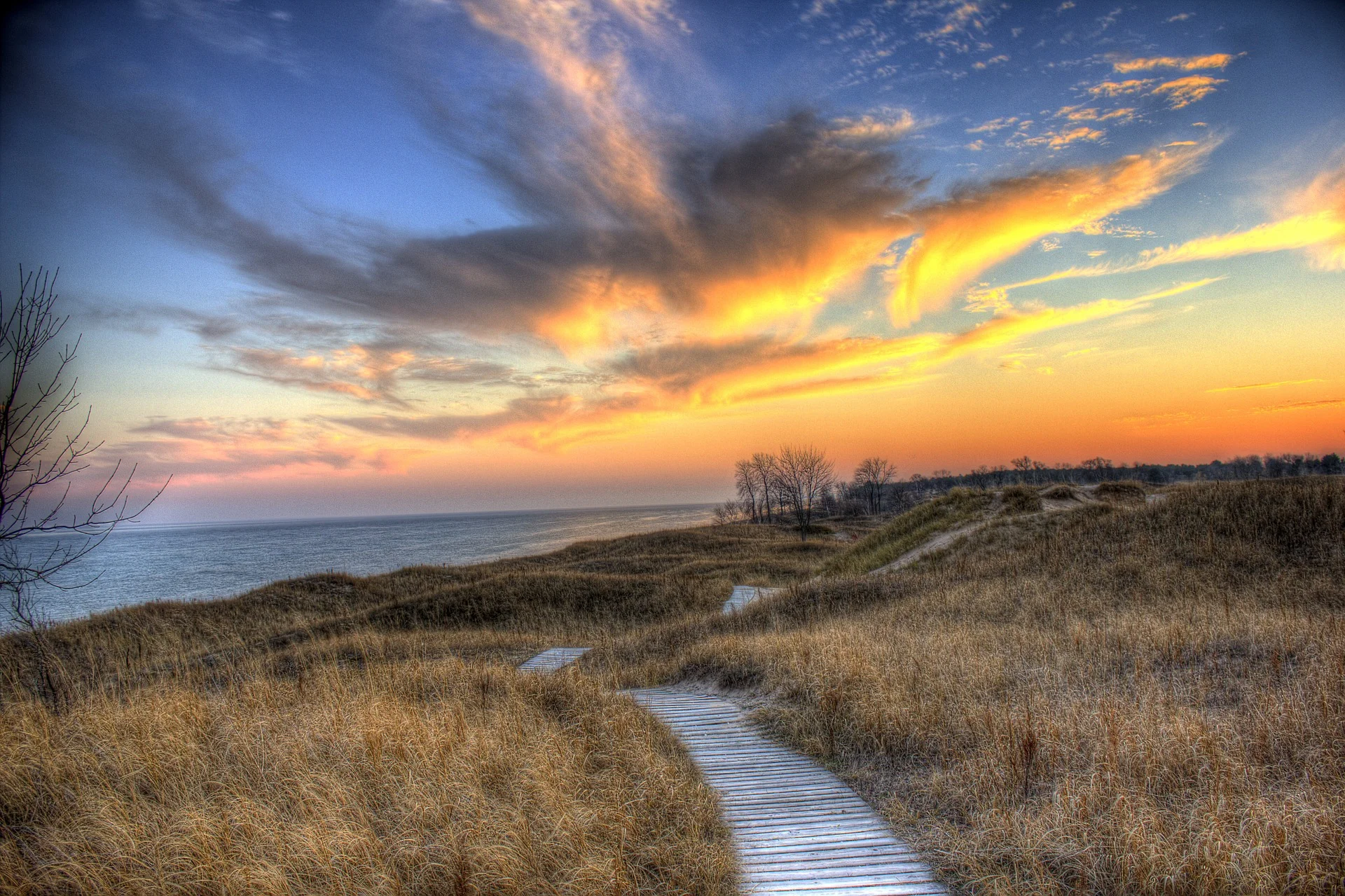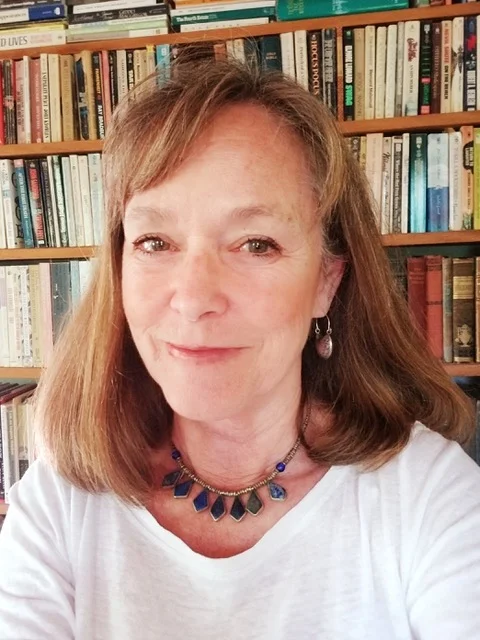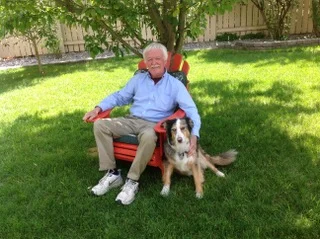Ashley Stimpson on “To the Dogs”
I wrote “To the Dogs” at my desk in Baltimore, a few weeks after a trip to the Badlands. I wrote it as a gift for my boyfriend, Jeff, who was with me at Roberts Prairie Dog Town, where we sat together in the dirt, surrounded by this absolutely raucous community of rodents. Looking at each other with big eyes and big smiles, shaking our heads in disbelief. “Get a load of the East-Coasters!” the dogs probably chirped to one another.
The piece arrived quickly—it was a deeply affecting experience that sat poised in my fingertips for days. Although unintentional, it came to be less about prairie dogs and more about the shedding of the protective layers I keep wrapped around myself like a poncho, the filters through which I make sense of the world, organize it, hold it at a safe distance. You can see these layers fall away one by one here.
First (embarrassingly enough) the cynicism, the hasty assumptions, the attitudes that promise to preclude disappointment by asserting its inevitability. Then, the metaphor-making, the if-this-than-that ego-trip of “higher consciousness.” And, finally, the rationalizing, the fact-reciting, the impulse to know well before you know. I experienced this undoing with the prairie dogs that day, and I experienced it again as I wrote about them. Very little changed from first to final draft.
With all of that static out of the way, I was able to feel it, and convey it, I hope—the magic that happens when you’re stripped of all your tired posturing and stupid pretenses. This is the thing I love the most about being outdoors: nature’s ability to repair us to our most innocent, most open-hearted condition, and then to knock us over with the kind of pure delight we’re usually too skeptical, too smart to notice.



